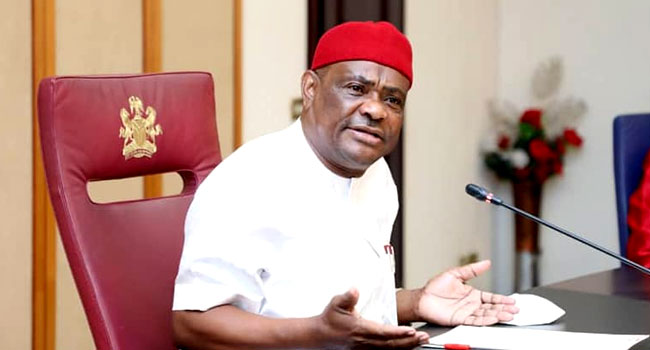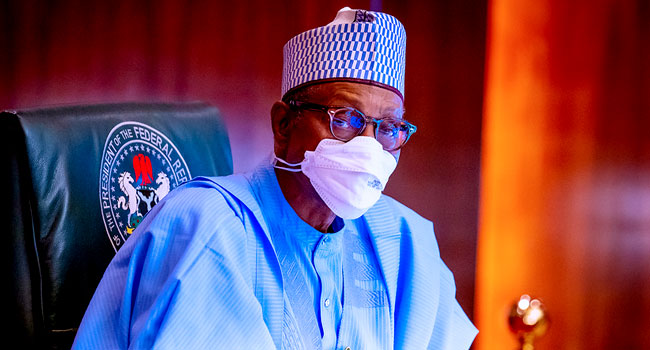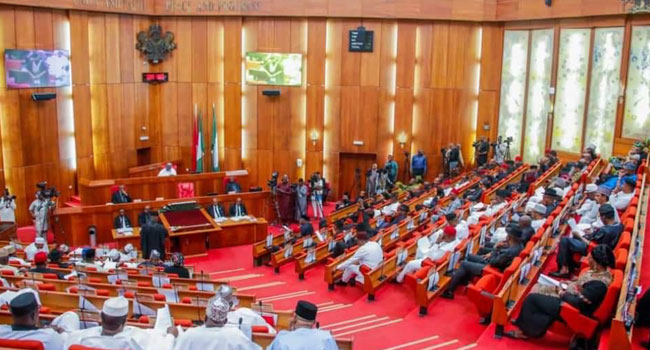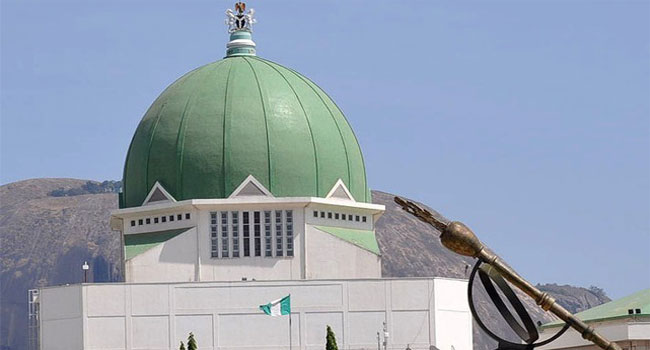
President Muhammadu has declined assent to the Electoral Act Amendment Bill over the direct primaries clause.
In a letter sent to the National Assembly, President Buhari cited several issues with the clause.
During plenary session on Tuesday, the upper and lower chambers read the content of the President’s letter.
Senate President Ahmad Lawan, who read out the content of the document to the lawmakers at the Senate, gave reasons for Buhari’s move.
The President, according to the letter, explained that direct primaries are expensive. This, he said, will put a financial burden on the country’s resources.
He further noted that conducting direct primary elections will be tasking, explaining that since such mode of election means a large turnout of voters, the move would stretch the security agencies.
The Nigerian leader equally fears that with direct primaries, citizens’ rights will be violated while smaller political parties may face marginalisation.
According to him, the move will also lead to more litigations by party members.
Buhari’s most recent move followed debates over the Electoral Act Amendment Bill which he was supposed to sign on or before December 19th, 2021.
RELATED
INEC Requires N305bn To Conduct 2023 Elections, Says Yakubu
Electoral Bill: Buhari Will Inform NASS Of His Decision, Says Presidency
Buhari Has No Excuse For Not Signing Electoral Act Amendment Bill, Says Wike
Conspiracy claims

Earlier, presidential spokesman Garba Shehu had argued that whatever his principal decides to do concerning the Electoral Act Amendment Bill will not affect his public perception.
He told Channels Television on Sunday that his principal owes no obligation to make his decision public.
“The constitution says the president must sign within 30 days, the constitution did not say that there should be the disclosure of that decision within 30 days to the public when the disclosure to the National Assembly has been made,” he explained on Monday.
Before then, Governor Nyesom Wike of Rivers State, like several critics, said Buhari did not assent to the bill due to his fears over the electronic transmission of results clause.
According to him, the president does not have a reason for not signing the bill.
“The ruling party in their conspiracy is trying to deceive Nigerians that the mere inclusion of the direct primaries in the Electoral Act Amendment Bill is the problem why the President does not want to sign or why he has refused to sign.
“The major issue is the transmission, the electronic transmission of results,” Wike told Channels Television’s Sunday Politics.



